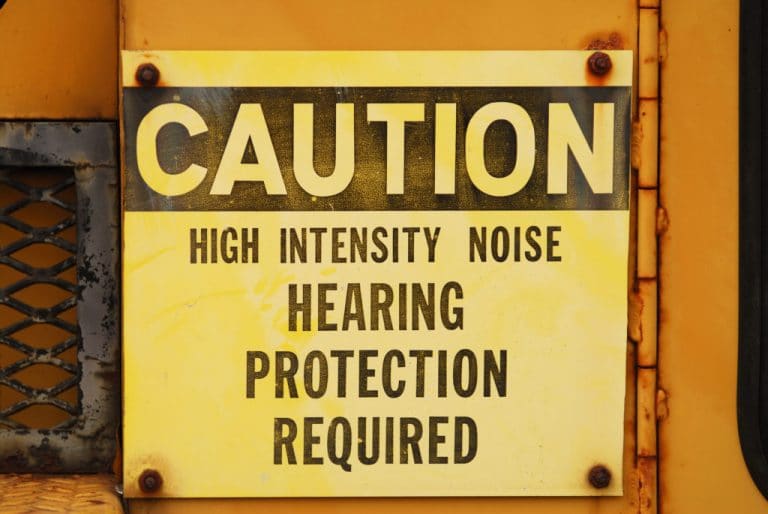We all have a right to be safe at work. But this was not officially mandated until the Occupational Safety and Health Act of 1970. This act outlined a series of guidelines and safety precautions workplaces must adhere to in order to provide their workers with a safe environment; this includes protecting them from hearing loss.
The Occupational Safety and Health Act
Passed in 1970, the goal of this act was to establish a clear set of guidelines, standard protections and safety regulations for employers to follow to keep their employees safe.
The basic regulations regarding hearing loss and protection are as follows:
Employees exposed to eight or more hours of dangerously loud sounds (anything measuring 85 decibels or more) must attend a hearing conservation program.
Employees must be informed about the dangers of noise-induced hearing loss and the numerous other risks associated with exposure to noise.
Employees exposed to loud noises must undergo a baseline hearing test within six months of employment. They will then be given a free hearing exam each year, completed by a certified audiologist. The results of these yearly tests will be compared to their baseline audiogram to measure the employee’s hearing loss.
Employers must provide all employees exposed to hazardous noise levels with proper hearing protection.
Employers must offer training programs each year about the dangers of sounds louder than 85 decibels and how employees can protect themselves.
Employers must keep detailed records of how much noise their employees are exposed to.
Employee’s Rights
In addition to providing a list of regulations employers must follow, the Occupational Safety and Health Act provides workers with a list of their rights.
Employees may request an OSHA representative inspect their workplace if they don’t think their employer is following hearing safety requirements.
Employees must receive training in a language they can understand about their rights, the dangers of workplace noises and how they can protect themselves.
Employees can request copies of their audiograms and health records kept by their employer at any time.
Employees can file a claim or assert their rights without fear of retaliation or discrimination from their employer.
To learn more about how to protect yourself from the dangerous of hazardous noise levels, contact the experts at Torrance Audiology today.

